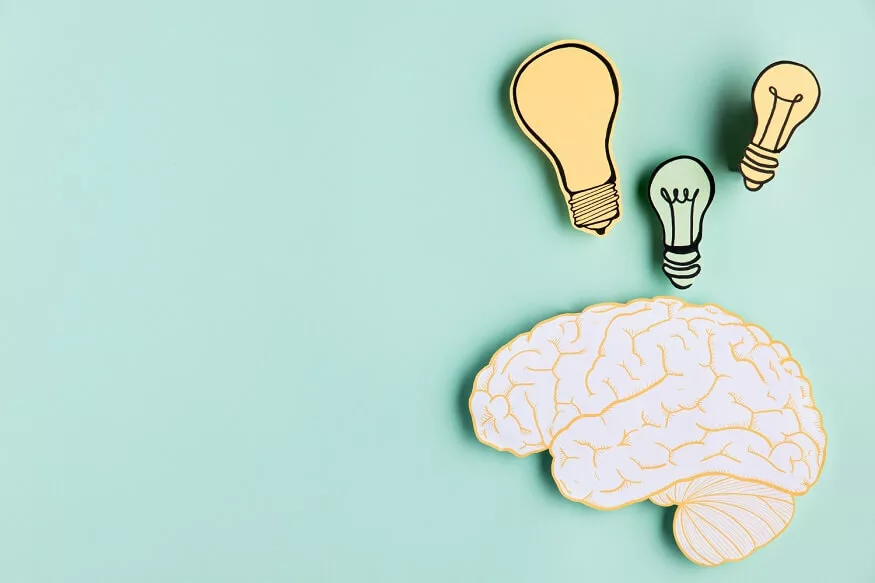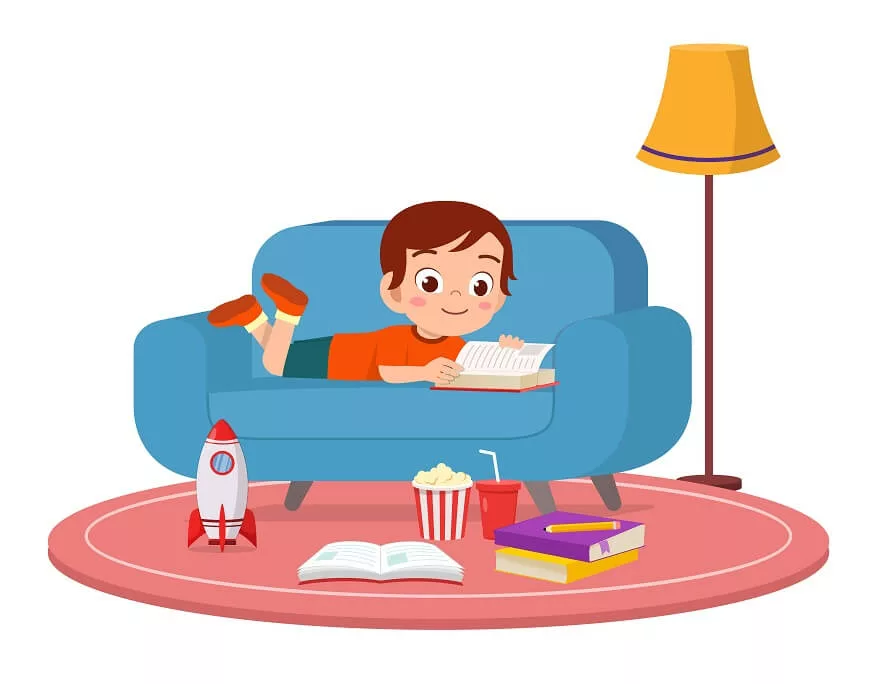Welcoming a new baby into the world is an exciting and joyous occasion, and understanding the development of a baby’s brain is crucial for parents to provide the best possible start in life. The early years are a period of rapid brain growth and formation, and there are several key facts every parent should know about their baby’s brain.
How Human Brain Functions
1. Brain Development Starts in the Womb
The journey of brain development begins even before a baby is born. Neural tube formation, which eventually develops into the brain and spinal cord, occurs in the early weeks of pregnancy. Proper nutrition, a healthy lifestyle, and prenatal care play vital roles in supporting early brain development.
2. Sensory Stimulation is Essential
Babies are born with all the brain cells they will ever have, but the connections between these cells, known as synapses, are still forming. Sensory stimulation is crucial for creating and strengthening these connections. Simple activities such as talking to, singing to, and making eye contact with your baby provide valuable stimulation for their developing brain.
3. Responsive Caregiving Shapes Brain Architecture
The emotional and physical care provided by parents significantly influences a baby’s brain development. Responsive caregiving, including promptly attending to a baby’s needs, helps build a secure attachment, promoting healthy emotional and cognitive development. Positive interactions contribute to the development of neural pathways associated with social and emotional well-being.
4. Breastfeeding Nourishes the Brain
Breast milk is a remarkable source of nutrients that support not only a baby’s physical growth but also brain development. It contains essential fatty acids, antibodies, and other nutrients that contribute to the formation of neural connections. Breastfeeding has been associated with improved cognitive development and better academic performance later in life.
5. Tummy Time Builds Strength and Coordination
Placing a baby on their tummy while they are awake and supervised is a simple yet effective way to promote motor development. Tummy time helps babies develop the muscles needed for crawling and eventually walking. It also encourages them to lift their heads and explore their surroundings, stimulating the visual and sensory areas of the brain.
6. Sleep is Crucial for Brain Health
Quality sleep is vital for a baby’s brain development. During sleep, the brain consolidates memories, processes information, and forms new neural connections. Establishing a consistent sleep routine and creating a conducive sleep environment contribute to healthy brain development.
7. Play is the Work of Childhood
Play is not just a source of entertainment; it is the primary way through which babies learn about the world. Simple games, such as peek-a-boo or playing with age-appropriate toys, engage a baby’s senses and promote cognitive, motor, and social development. Parental involvement in play fosters a strong parent-child bond.
Also Read: Experiential Learning Theory Meaning and Examples
8. Babies Learn from Observation
Babies are keen observers from an early age. They learn by watching and imitating the actions of those around them. Parents serve as the first role models, and babies absorb information about language, social interactions, and problem-solving by observing and interacting with their caregivers.
9. Language Exposure Shapes Cognitive Skills
Exposure to language from birth plays a crucial role in cognitive development. Talking, reading, and singing to your baby contribute to the development of language skills and enhance cognitive abilities. Engaging in conversations, even if it’s just one-sided at first, helps build the foundation for future communication and learning.
10.Emotional Well-Being Impacts Brain Development
A baby’s emotional well-being is closely tied to brain development. Positive and nurturing interactions contribute to the release of feel-good hormones, such as oxytocin, which promote healthy brain functioning. On the contrary, stress and neglect can have adverse effects on the developing brain. Creating a loving and supportive environment is key to fostering emotional resilience.
Also Read: Benefits of Mind Mapping for Learning and Creativity For Preschoolers
Evolution of brain from babies to infants to toddlers
The evolution of the brain from babies to infants to toddlers is a fascinating journey marked by rapid growth, neural connectivity, and the development of various cognitive and motor skills. Understanding these stages can provide valuable insights for parents and caregivers as they support and nurture their child’s brain development.
1. Birth to Six Months: The Baby Stage
Sensory Stimulation: From birth, babies are highly responsive to sensory stimulation. Simple interactions, such as touching, talking, and making eye contact, contribute to the formation of neural connections.
Basic Reflexes: Babies exhibit basic reflexes, such as sucking and grasping, which are controlled by the brainstem. These reflexes are essential for survival and the early stages of motor development.
Motor Development: In the first few months, babies gradually gain control over their neck muscles, enabling them to lift and turn their heads. Motor skills like reaching and grabbing also begin to develop.
Formation of Synapses: Synapses, the connections between neurons, are forming rapidly in response to stimuli. This period is crucial for establishing the foundation of neural pathways.
2. Six to Twelve Months: The Infant Stage
Cognitive Milestones: Infants begin to demonstrate cognitive milestones, such as recognising familiar faces, responding to their names, and exhibiting curiosity about their surroundings.
Emergence of Babbling: Language development takes its initial steps with the emergence of babbling. Infants experiment with sounds and begin to associate certain sounds with specific meanings.
Gross Motor Skills: Improved control over muscles allows infants to sit up, roll over, and even crawl. These motor skills are a result of ongoing brain development.
Object Permanence: Around six months, infants start to understand object permanence—the concept that objects continue to exist even when they are out of sight. This marks an important cognitive leap.
3. One to Two Years: The Toddler Stage
Language Explosion: The toddler stage is characterised by a language explosion. Vocabulary expands, and toddlers begin to string words together to form basic sentences.
Fine Motor Skills: Improved coordination of fine motor skills enables toddlers to engage in activities such as stacking blocks, scribbling with crayons, and using utensils.
Social and Emotional Development: Toddlers start to show more independence and a growing sense of self. Social interactions become more sophisticated, and emotions are expressed with increasing nuance.
Memory and Problem-Solving: Memory continues to develop, allowing toddlers to recall past events. Problem-solving skills emerge as they navigate the challenges of their environment.
Also Read: Top 9 Brain Foods for Studying
EuroSchool fosters holistic development, providing an enriching environment that stimulates curiosity, critical thinking, and creativity for optimal brain development.










